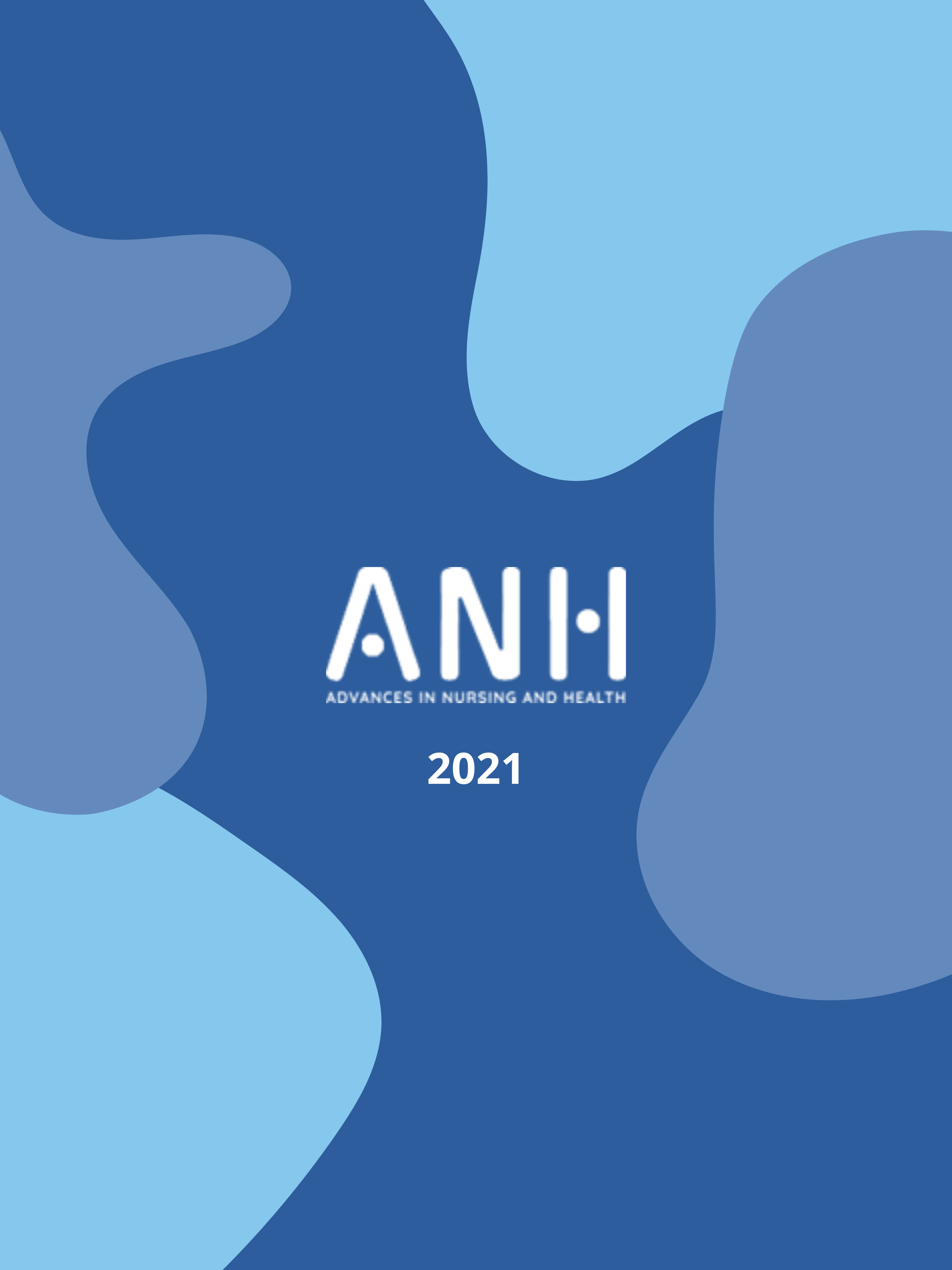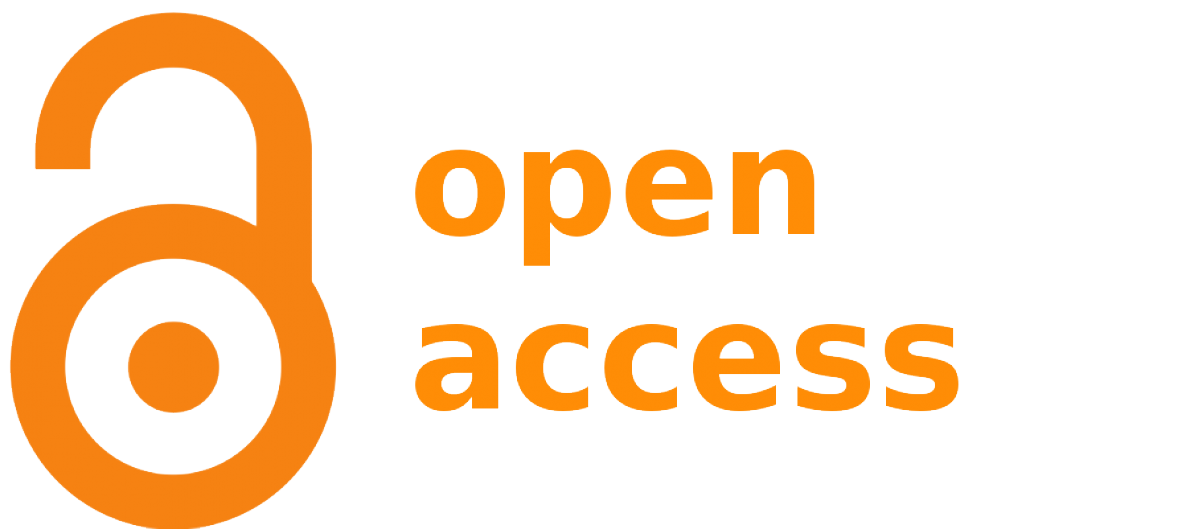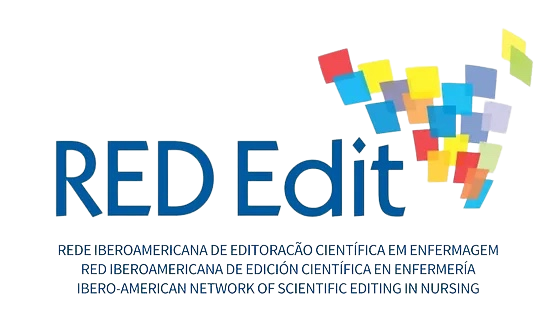Impacto de la Intervención Breve realizada por enfermería sobre el consumo de sustancias psicoactivas
DOI:
https://doi.org/10.5433/anh.2021v3.id42532Palabras clave:
Trastornos relacionados con el uso de sustanciasResumen
OBJETIVO: evaluar el impacto de la Intervención Breve (IB) realizada por enfermería en pacientes que consumieron sustancias psicoactivas.
MÉTODO: estudio descriptivo, cuasiexperimental, con diseño intragrupal, realizado con 34 usuarios de sustancias psicoactivas en un servicio de salud mental extrahospitalario en Paraná-PR, en el período de 2018 a 2019. Los instrumentos utilizados para la recolección de datos fueron la Prueba de Detección de Consumo de Alcohol, Tabaco y Sustancias y la Prueba de Orientación a la Vida (TOV-R).
RESULTADOS: la población total del estudio fue de 34, compuesta por 24 hombres (61,5%) y 10 mujeres (25,6%), con edades comprendidas entre 18 y 64 años. El resultado del cálculo de la prueba t pareada indicó que existe significación estadística, cuando se compara con los promedios inicial y final de consumo de sustancias psicoactivas. Es decir, en el momento del primer contacto con el paciente y al final de su seguimiento, existe una diferencia en las puntuaciones medias, lo que significa que hubo una disminución significativa en el consumo de sustancias psicoactivas.
CONCLUSIÓN: las prácticas propuestas resultaron en un impacto medio para la reducción del consumo de sustancias psicoactivas. Es de destacar que la enfermera de salud mental ha demostrado contribuir significativamente a reducir el consumo de sustancias psicoactivas a través de la aplicación del IB.
Descargas
Citas
Bandeira M, Bekou V, Lott KS, Teixeira MA, Rocha SS. Validação transcultural do teste de orientação da vida (LOT-R). Estud Psicol. 2002; 7(2):251-8.
Carvalho AF, Connor JP, Haber PS, Hall WD. Alcohol use disorders. Lancet. 2019; 394 (10200):781-792.
Cunha SM, Carvalho JCN, Kolling MN, Silva CRDA, Kristensen CH. Social skills in alcoholics: an exploratory study. Rev bras ter cogn. 2007; 3(1): 31-9.
Foulds JA, Adamson SJ, Boden JM, Williman JA, Mulder RT. Depression in patients with alcohol use disorders: systematic review and meta-analysis of outcomes for independent and substance-induced disorders. J Affect Disord. 2015; (185):47-59.
Glass JE, Hamilton AM, Powell BJ, Perron BE, Brown RT, Ilgen MA. Specialty substance use disorder services following brief alcohol intervention: a meta-analysis of randomized controlled trials. Addict. 2015; 110(9): 1404-15.
Humeniuk R, Newcombe DAL, Dennington V, Ali R. A randomised controlled trial of a brief intervention for illicit drug use linked to ASSIST screening in a primary healthcare setting: results from the Australian componente of the World Health Organization Phase III ASSIST studies. Aust J Prim Health. 2018; 24(2):149-54.
Humeniuk, R.; Dennington, V.; Ali, R.L. The effectiveness of a brief intervention for illicit drugs linked to the ASSIST screening test in primary health care settings: a technical report of phase III findings of the WHO ASSIST randomised controlled trial. Genebra; 2008.
Junior IJF, Calheiro PRV, Crispim PTB. Motivation for Change in Substances Use among Drug Users Referred by the Justice System. Trends in Psychology. 2018; 26(3), 1363-1378.
Kaner EFS, Beyer F, Dickinson HO, Pienaar E, Campbell F, Schlesinger C, et al. Effectiveness of brief alcohol interventions in primary care populations (review). Cochrane Database Syst Rev. 2018; (2).
Kucmin T, Kucmin A, Turska D, Turski A, Nogalski A. Coping styles and dispositional optimism as predcitors of post-traumatic stress disorder (PTSD) symptoms intensity in paramedics. Psychiatr Pol. 2018; 52(3): 557-71.
O'donnell A, Anderson P, Newbury-Birch D, Schulte B, Schmidt C, Reimer J, Kaner E. The impact of brief alcohol interventions in primary healthcare: a systematic review of reviews. Alcohol alcohol. 2014; 49 (1): 66-78.
Pereira MO, Anginoni BM, Ferreira N, Oliveira MAF, Vargas D, Colvero LA. Efetividade da intervenção breve para o uso abusivo de álcool na atenção primária: revisão sistemática. Rev bras enferm.2013; 66 (3): 420-428.
Platt L, Melendez-Torres GF, O'Donnell A, Bradley J, Newbury-Birch D, Kane E, et al. How effective are brief interventions in reducing alcohol comsuption: do the setting practitioner group and content matter? Findinds from a systematic review and metagression analysis. BMJ Open. 2016; 6(8).
Santos MC; Wechsler SM. Análise das publicações científicas sobre otimismo em saúde no último triênio. Psicologia Argumento. 2015. 33(83), 470-482.
Schmidt CS, Schulte B, Seo HN, Kuhn S, O'Donnell A, Kriston L, et al. Meta-analysis on the effectiveness of alcohol screening with brief interventions for patients in emergency care settings. Addict. 2016 11(5).
Shepard DS, Lwin AK, Barnett NP, Mastroleo N, Colby SM, Gwaltney C, Monti PM. Cost-effectiveness of motivational intervention with significant others for patients with alcohol misuse. Addict. 2016; 111 (5): 832-839.
Soares J, Vargas D. Effectiveness of brief group intervention in the harmful alcohol use in primary health care. Rev Saude Públ. 2019; 53(2):1-10.
Soares MH, Rolin TFC, Machado FP, Ramos LKF, Rampazzo ARP. Impact of brief intervention. and art therapy for alcohol users. Rev. Bras. Enferm. 2019; 72(6):1485-1489.
Sobell LC, Sobell MB. Terapia de grupo para transtornos por abuso de substâncias: abordagem cognitiva-comportamental motivacional. Porto Alegre: Artmed; 2013.
Vipond J, Menenga HA. Screening, brief intervention and referral to treatment by emergency nurses: a review of the literature. J Emer Nurs. 2019; 45(2): 178-84.
World Health Organazation (WHO). Global status report on alcohol and health. Canadá 1990-2006. Geneva; 2011.
Descargas
Publicado
Cómo citar
Número
Sección
Licencia
Derechos de autor 2022 Advances in Nursing and Health

Esta obra está bajo una licencia internacional Creative Commons Atribución 4.0.
Todo o conteúdo do periódico this licenciado sob a Licença Creative Commons Attribution, do type atribuição do CC-BY.
Los autores mantienen los derechos de autor los artículos publicados en Advances in Nursing and Health están licenciados bajo la Licencia Creative Commons Atribución 4.0 Internacional, que garantiza el Acceso Abierto. Esta licencia permite que cualquier usuario/a lea, descargue, copie y comparta el contenido, siempre que sea debidamente citado. También autoriza la reutilización del material, incluida su distribución, adaptación y creación de obras derivadas en cualquier formato o medio, siempre que se otorgue el crédito correspondiente, se proporcione un enlace a la licencia y se indique si se realizaron cambios. Además, la licencia permite el uso comercial del contenido.



















